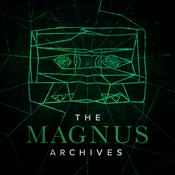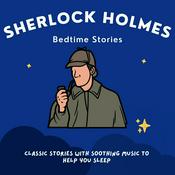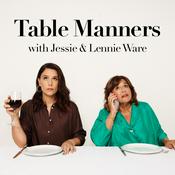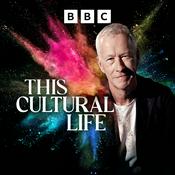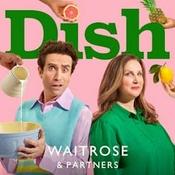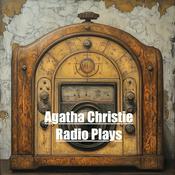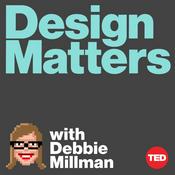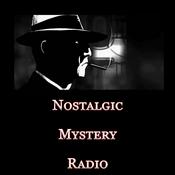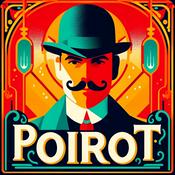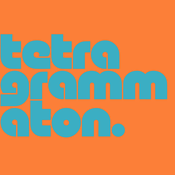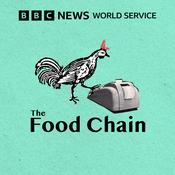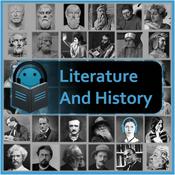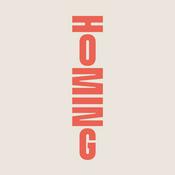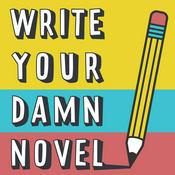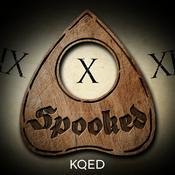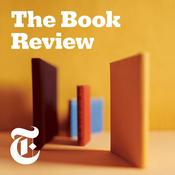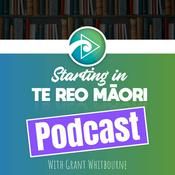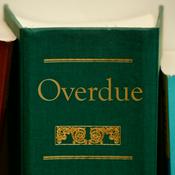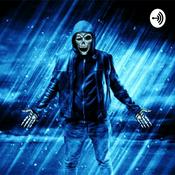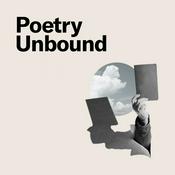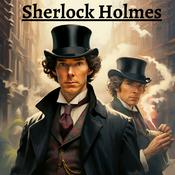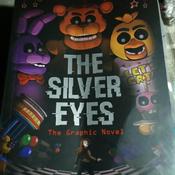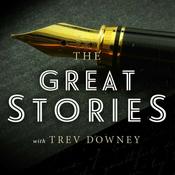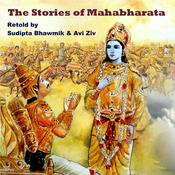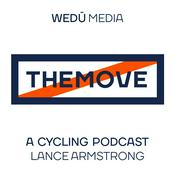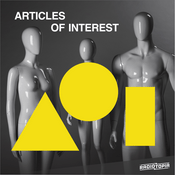50 episodes
- American author Jennifer Niven joins Take Four Books to discuss 'Meet the Newmans', her brand new novel that follows the lives of America’s favourite television family in 1964. On screen, they present flawless versions of themselves, but away from the cameras the truth could not be further from perfect.
During the episode, Jennifer discusses the three works that inspired her new book: 'Lessons in Chemistry' by Bonnie Garmus (2022); 'The Seven Husbands of Evelyn Hugo' by Taylor Jenkins Reid (2017); and 'In Search of Donna Reed' by Jay Fultz (1998).
Producer: Rachael O’Neill
Editor: Gillian Wheelan
This was a BBC Audio Scotland production. - The American writer Bryan Washington speaks to Take Four Books about his new novel, Palaver, and, together with presenter James Crawford, they explore its connections to three other literary works. Palaver focuses on the tense relationship between protagonists “the son” and “the mother”. The son is an American who has lived in Tokyo for the best part of a decade, teaching English as a foreign language. Throughout this period, he’s been estranged from his Jamaican-American mother back home in Texas, until one day she arrives uninvited on his doorstep.
Bryan's three chosen influences in this episode are: Kitchen by Banana Yoshimoto from 1988; Another Brooklyn by Jacqueline Woodson from 2016; and Love in the Big City by Sang Young Park from 2021.
Producer: Dominic Howell
Editor: Gillian Wheelan
This was a BBC Audio Scotland production. - Acclaimed author Ali Smith speaks to Take Four Books about her latest book, Glyph. Together with presenter James Crawford, they explore its connections to three other literary works. Glyph tells a story hidden within Smith’s 2024 novel Gliff. Once again, the plot centres on two siblings and a horse, and delves into the power of storytelling.
Ali’s three chosen influences for this episode are: The Wild Ass’ Skin by Honoré de Balzac (1831); A Book of Nonsense by Edward Lear (1846); and Strider: The Story of a Horse by Leo Tolstoy (circa 1886).
Producer: Hayley Jarvis
Editor: Gillian Wheelan
This was a BBC Audio Scotland production. - The Irish writer Rob Doyle speaks to Take Four Books about his new novel Cameo, and, together with presenter James Crawford, they explore its connections to three other literary works. Cameo is the life story of an invented Irish novelist called Ren Duka who has an unexpected and runaway success with a prolific series of autofictional novels.
Rob's three chosen influences for this episode are: Fictions by Jorge Luis Borges, from 1944; Nazi Literature in the Americas by Roberto Bolano from 1996; and Memoirs of Hadrian, by Margeurite Youcenar, from 1951.
Producer: Dominic Howell
Editor: Gillian Wheelan
This was a BBC Audio Scotland production. - In this episode the American writer Makenna Goodman speaks to Take Four Books about her new novel, Helen Of Nowhere, and together with presenter James Crawford they explore its connections to three other literary works.
In Helen Of Nowhere, published by Fitzcarraldo, a disgraced professor is being shown around an idyllic house in the countryside by a realtor who speaks of its previous owner, the mystifying Helen. The professor is struggling with a growing sense of irrelevance and a failing marriage, but through hearing stories of Helen’s chosen way of living, the man begins to see that his story is not over – rather, he's being offered a chance to buy his way into a simpler life that until now has always been out of reach, but the asking price is much higher, and stranger, than anticipated.
Makenna's three chosen influences were: The Man Who Planted Trees by Jean Giono from 1953; All About Love by Bell Hooks from 1999; and John, by the playwright Annie Baker from 2015.
Producer: Dominic Howell
Editor: Gillian Wheelan
This was a BBC Audio Scotland production.
More Arts podcasts
Trending Arts podcasts
About Take Four Books
Presenter James Crawford looks at an author's latest work and delves further into their creative process by learning about the three other texts that have shaped their writing.
Podcast websiteListen to Take Four Books, The Magnus Archives and many other podcasts from around the world with the radio.net app
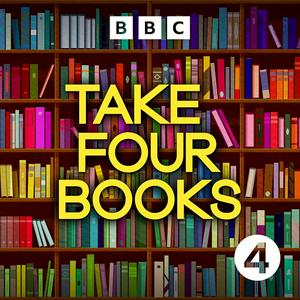
Get the free radio.net app
- Stations and podcasts to bookmark
- Stream via Wi-Fi or Bluetooth
- Supports Carplay & Android Auto
- Many other app features
Get the free radio.net app
- Stations and podcasts to bookmark
- Stream via Wi-Fi or Bluetooth
- Supports Carplay & Android Auto
- Many other app features


Take Four Books
Scan code,
download the app,
start listening.
download the app,
start listening.


